
Follow the Complement Path
We have decades of experience in developing complement system assays. Our experienced scientists work closely with key opinion leaders to create sensitive, reliable, and user-friendly products, covering all aspects of the complement system.
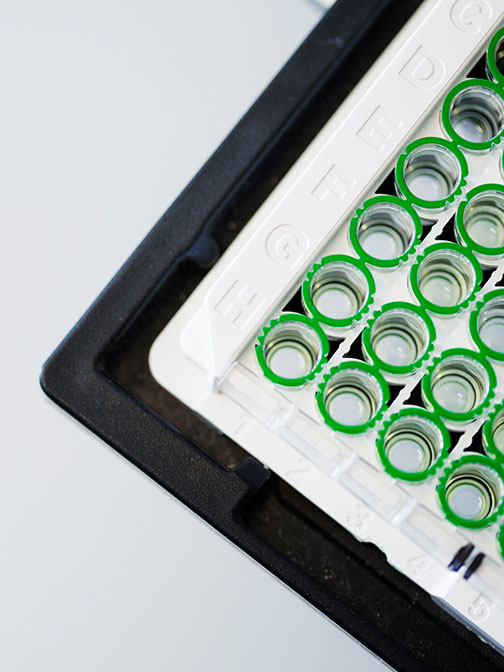
Follow the Complement Path
Complement System Solutions
Svar has decades of experience in designing products for studying the complement system. Our complement experts have created assays that let you study any part of the complement system – from individual complement components and the amplification loop to all three complement system pathways. Just follow the complement path.
Complement Solutions
We offer complement assays in convenient ELISA and iLite® cell-based reporter gene formats. Regardless of what format you select, you will get:
- Reliable, objective, and easy-to-interpret results
- Results in just a few hours
- Low inter-assay variability and excellent reproducibility
- Ready-to-use reagents for a streamlined workflow
- Excellent specificity
- Lower batch-to-batch variation & faster results than hemolytic methods
Our Complement Products
FILTER VIEWComplement C4d
Detect complement activation via the classical and lectin pathways with this C4d biomarker ELISA
Complement Factor P Functional Assay
Zoom in on the amplification loop of the alternative complement pathway with this Factor P functional ELISA
Complement Factor P Quantitative Assay
Zoom in on the amplification loop of the alternative complement pathway with this Factor P quantitative assay
Complement TCC
Measure terminal complement complex formation to evaluate full pathway activation and membrane attack complex formation
iLite® C3a Assay Ready Cells
Quantitative measurement of complement C3a activity in a cell-based format
iLite® C5a Assay Ready Cells
Quantitative measurement of complement C5a activity in a cell-based format
iLite® CD20 (+) Svar Luc Assay Ready Cells
Designed for sensitive and reproducible assessment of CDC activity
WIESLAB® Complement Alternative Pathway
Analyze specific activation of the alternative pathway with this functional ELISA
WIESLAB® Complement Alternative Pathway (RUO)
Research-use-only ELISA for profiling alternative complement pathway activation
WIESLAB® Complement Classical Pathway
Quantify the activation of the classical complement pathway
WIESLAB® Complement Classical Pathway (RUO)
Sensitive analysis of classical pathway activation
WIESLAB® Complement MBL Pathway
Explore the activation of the lectin complement pathway
WIESLAB® Complement MBL Pathway (RUO)
RUO ELISA for pathway-specific detection of MBL-mediated complement activation
WIESLAB® Complement Screen
Gain a complete picture of complement activation across all three pathways
WIESLAB® Complement Screen (RUO)
A RUO-format screening assay that evaluates activation of the classical, lectin, and alternative pathways
Didn't find what you were looking for?
We offer products customized to your needs. Our custom iLite® reporter-gene assays can be adapted to almost any target. We also offer custom ELISA plates and other products. In addition, you can take advantage of our service offerings and let us do the work for you.
Complement News

NEW SPECIALIST REVIEW: Complement System
Read post
Introducing the AAV Complement Activation Assay
Read post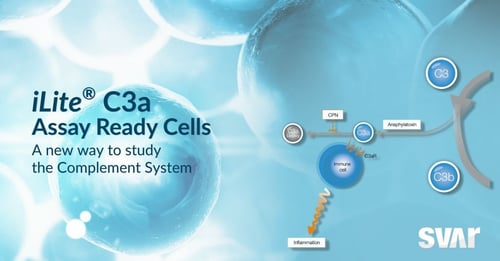
Introducing the new iLite® C3a Assay Ready Cells
Read post
Celebrating 20 Years of the Wieslab Complement System Assays
Read post-1.png?width=500)
Targeting the Complement System: A New Era in Disease Treatment
Read post
Advancements in Complement System Therapeutics
Read post
Wieslab Functional Complement & CCP Kit
Read postComplement Downloads

Complement System Specialist Review
Read post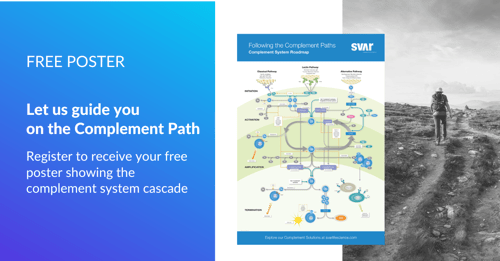
Get a Free Complement System Poster
Read post
A Guide to Complement Therapeutics for Drug Development Professionals
Read post
Riding the Wave: the Complement Revolution in Neurodegeneration Research
Read post
Unraveling Complement’s Role in Blindness: The Work of Professor Simon Clark
Read post
Translating Research into Care - Exploring Complement with Dr Sophie Chauvet
Read post
Insights on Targeting Complement Dysregulation - Dr. Elena Goicoechea de Jorge
Read post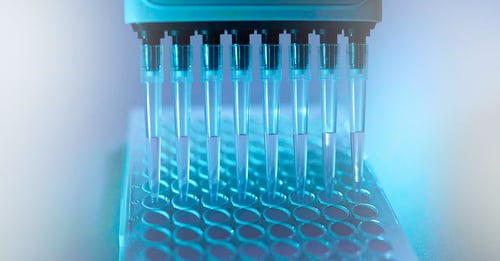
How to Perform a Wieslab® Complement System Screen
Read post
20 Years of Innovation: The Legacy of the WIESLAB® Complement System Assays
Read post-1.jpg?width=500)
Developing a Customizable Complement-Dependent Cytotoxicity Assay
Read post.jpg?width=500)
Meet the 2025 Svar Complement Excellence Award Recipients
Read post.jpg?width=500)
Insights from Two Complement Excellence Award Recipients
Read post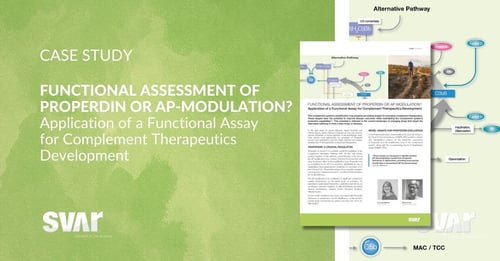
Functional Assessment of Properdin or AP-Modulation?
Read post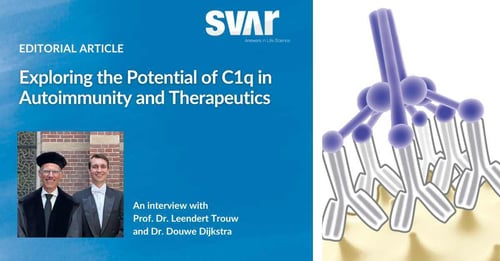
Unlocking the Power of C1q in Autoimmune Disease and Therapeutic Innovation
Read post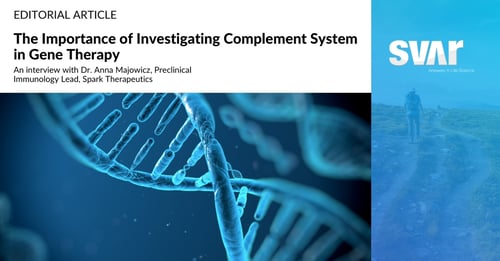
The Importance of Investigating Complement System in Gene Therapy
Read post20+
years of product development
All 3
complement pathways studied individually
<5h
assay time
265+
scientific paper references
Contact our complement team
Write us a message and a complement specialist will get in touch
